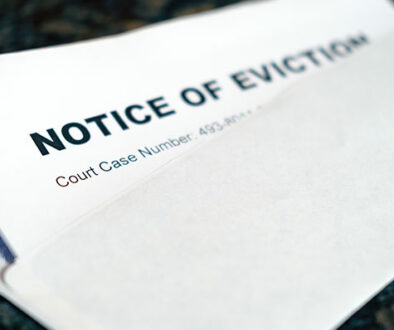NAVIGATING THE COMPLEX LANDSCAPE OF LANDLORD WOES: Unraveling the Challenges of Unpaid Rent, Late Payments, Unauthorized Subletting, and Property Damage
- Unpaid Rent: The Silent Struggle
One of the most prevalent issues landlords encounter is the struggle to collect rent on time or at all. Unpaid rent can disrupt a landlord’s cash flow, making it challenging to cover mortgage payments, property maintenance, and other essential expenses. Landlords must stay vigilant and proactive in addressing late payments to avoid financial strain.
- Solutions:
- Implement a clear rent collection policy.
- Set up automatic payments to encourage timely payments.
- Establish open communication with tenants to address financial challenges.
- Frequently Late Rent: Balancing Flexibility and Firmness
While occasional delays in rent payment may be understandable, frequently late payments can strain the landlord-tenant relationship. Landlords may face difficulties in maintaining financial stability and providing the necessary services and upkeep for the property.
- Solutions:
- Clearly outline late payment fees in the lease agreement.
- Establish a grace period but enforce penalties for consistent lateness.
- Offer flexibility but maintain a firm stance on rent due dates.
- Subletting Without Consent: The Unseen Risk
Unauthorized subletting poses a significant challenge for landlords, as it can lead to issues of liability, property damage, and difficulties in screening subtenants. Without proper consent, landlords may find themselves dealing with unknown individuals residing in their property.
- Solutions:
- Include a clause in the lease agreement prohibiting subletting without prior written consent.
- Screen potential subtenants to ensure they meet the landlord’s criteria.
- Regularly communicate with tenants to identify and address subletting concerns.
- Damage to Property: Preserving the Investment
Property damage is a nightmare scenario for landlords, potentially resulting in significant financial losses. Whether it’s intentional or due to negligence, landlords must be prepared to handle property damage promptly and effectively.
- Solutions:
- Conduct thorough move-in and move-out inspections with tenants.
- Clearly outline the security deposit terms in the lease agreement.
- Enforce timely repairs and deductions from security deposits when necessary.
Eviction becomes a necessary recourse when tenants consistently fail to meet their rent obligations or breach lease agreements. This often challenging and time-consuming procedure involves serving notices, filing court documents and attending hearings. Ultimately, eviction is a means to protect the landlord’s property investment and financial stability while upholding the legal rights and responsibilities of both parties involved.
Eviction can be a complex process that should be approached with care and adherence to the law. While it is a last resort, sometimes it becomes necessary to protect the interests of the landlord. By understanding the legal grounds, communicating effectively, seeking legal advice, and following the proper procedures, landlords can navigate eviction problems while maintaining legal compliance and safeguarding their property investments.
With Failure To Launch, landlords have an expedited and cost-effective solution to efficiently address eviction challenges without the usual prolonged timelines and costs associated with traditional legal channels.
You don’t have to go through expensive courts or eviction lawyers.


